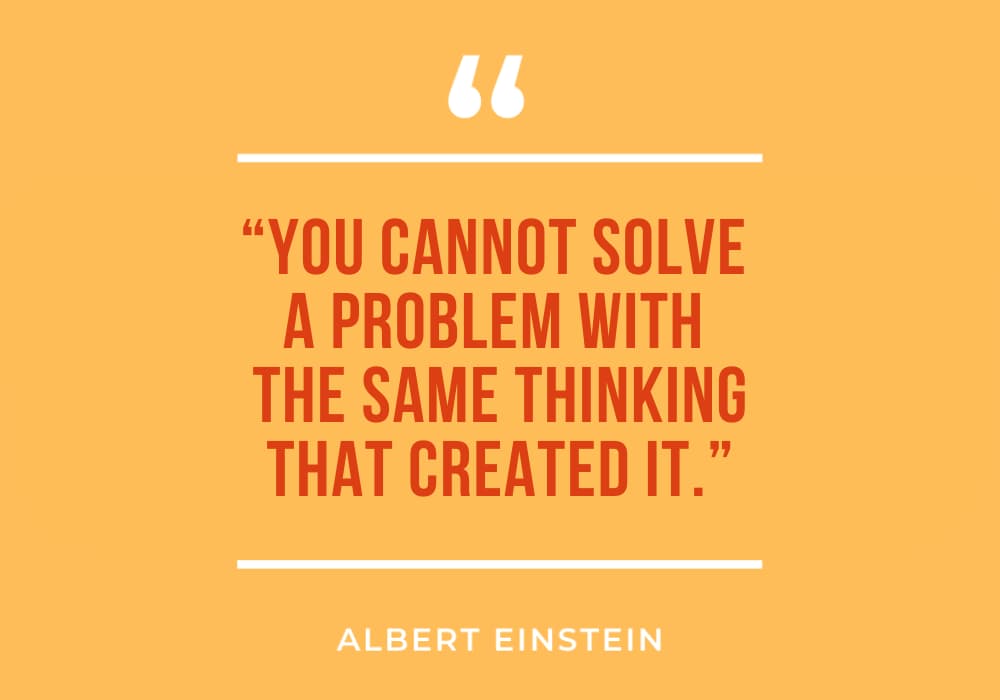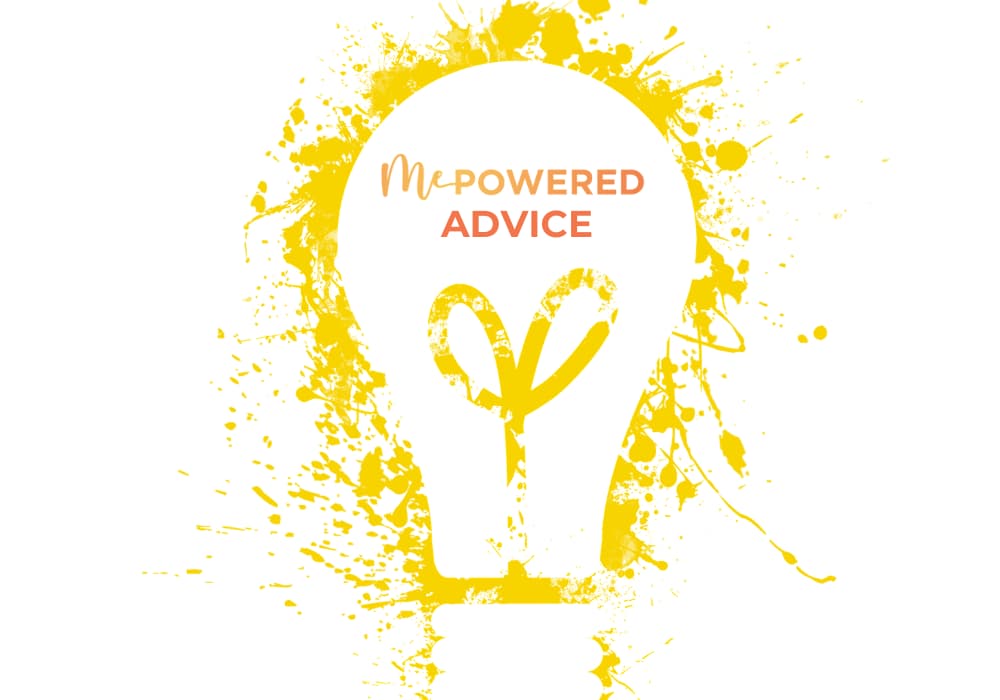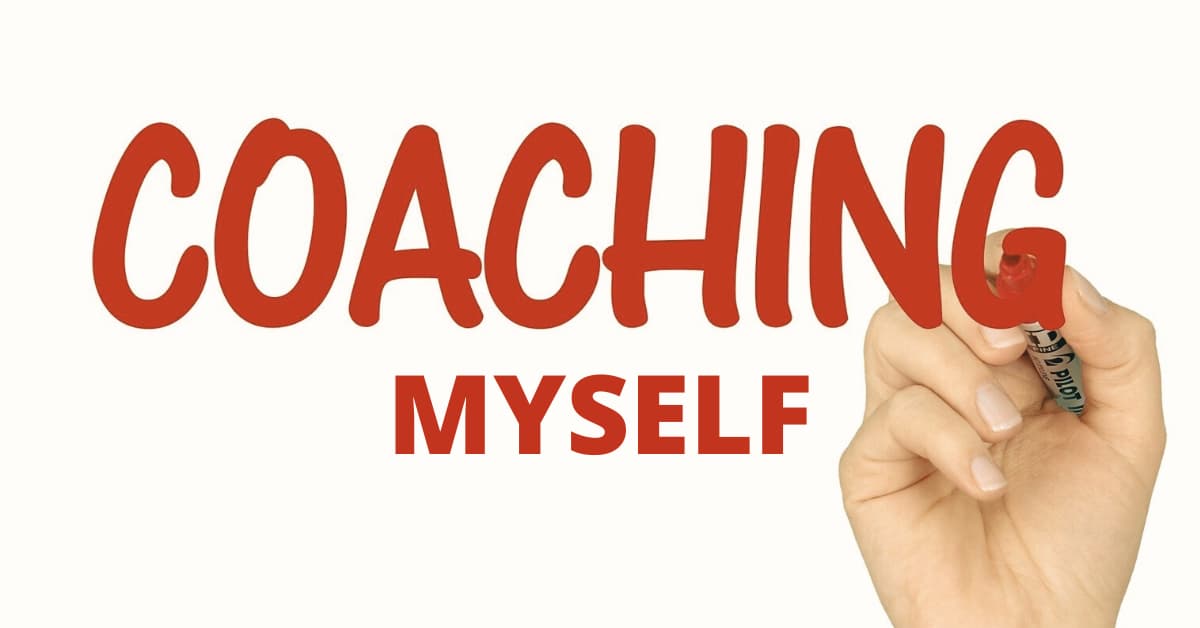With infinite information available at your fingertips, you might think you can master any field of knowledge directly, including Coaching. But does self-coaching actually work?
What are you looking to achieve?
We hear stories every day where someone with absolutely no experience learnt how to build a house – structure, plumbing, electrical, etc. – using only YouTube tutorials. Or a complete amateur learnt how to fix a car engine simply watching a TV show.
These days, there are so many resources, guides and tools about self-development online that it’s logical for some people to think they can “coach” themselves using those resources. Yet, they may not even be sure about what coaching is exactly.
So, here’s my first question to anyone who’s considering doing that:
💡 > What is the outcome you expect from coaching?
- If you are looking to gather information about alternative life/work experiences you could be doing in future, you can easily do that through your own research online or offline. You can find some clarifications and a few useful insights directly, but you won’t know how to best follow up.
- If you are looking to make actual changes in your life – precisely the changes you need to make in order to achieve your specific goals – you won’t be able to do that through self-coaching attempts. You’ll need a person external to you who has the ability to guide you on how to do that: i.e., a Coach/ Mentor.
Here’s a second enlightening question for you:
💡 > If you had a chance to work with a professional Coach for free, would you still prefer self-coaching?
- If your answer is yes, it’s likely you have a personality type that is unable to open up easily to external advisors. Perhaps you are an introvert who doesn’t like to talk about themselves or you naturally mistrust others. In this case, you should continue to explore options of what to do by yourself, until you are ready to move away from your comfort zone.
- If your answer is no, take a moment to evaluate how much you really want to achieve those changes. First, do a little self-assessment on what you would gain from the experience of being coached (e.g., you might start a new career of your choice). Then, ask yourself how much gaining that particular outcome is worth to you (e.g., how much would you pay to confidently know what the right career path for you is).
Just going through these two questions will give you a good idea of what the right experience for you is in your present situation.

Self-Coaching: advantages and disadvantages
If you are feeling dissatisfied with where you are in your life or in your work, you may want to start a bit of self-coaching while you test for yourself if it works or if you should hire a specialist Coach instead.
But let’s look at the differences of these two options in more details.
Here are 3 practical advantages of self-coaching:
1> You have no time constraints.
You can dedicate as much time as you want to your self-discovery actions, focusing on as many options as you want, anytime, anywhere. You can keep a flexible agenda and feel less pressured about finding a solution to unblock your situation.
2> You can choose your own process.
You can use a free-flowing approach to tackling the issue or a more structured methodology. You can try all the different tools you can find online. You can do some journaling; you can take notes from listening to webinars and podcasts or you can even record yourself while stating your goal affirmations.
3> It’s free!
Best thing is self-coaching comes with no hard costs! But it does come with soft costs: all your time spent on researching and practising all the free coaching material you find. So, consider this: are those freebies going to give you what you need right now, in a way that they provide the specific learning you need for your future goals?
And here are 3 disadvantages of self-coaching:
1> You have no validation or moral support.
You might think you are able to take any event, situation, or idea and think it through with enough depth to move it from thought into action, and then to reality. But most people prefer to share their ideas with somebody they trust, to gain some form of validation or hear a different perspective. Even if you identify what your goal is by yourself, you’ll likely need plenty of moral support to make changes happen.
2> You can’t challenge your own self.
You may think that you know yourself well: you know what makes you tick, what your history is, and what your likes and dislikes are. But the truth is you don’t really know yourself, because 90% of our behaviour is ruled by our subconscious. So, how will you be able to challenge your own perceptions, beliefs, or old patterns of behaviour?
3> You can’t be accountable to yourself.
You may like to explore multiple roads and try different things to achieve your goals, but you’ll be doing this by improvising the solutions while facing a continuous flow of new options coming in. With self-coaching, you’ll have a high risk of procrastination and diversions from the main road you set off to drive through. Eventually, you may feel so stuck that you’ll either give up on your goals entirely or realize it’s time to ask for professional help.

Why a Coach and Mentor makes a difference
I can never emphasize enough how self-analysis and self-awareness are critical. I always advise ambitious career-driven employees and entrepreneurs to have a sit down with themselves at least once a month to find out what’s working and what’s not in their personal situation.
You need to gain absolute clarity on who you are in the present time, before you can take any decisions about your future.
This is even more important in your professional life which is influenced by many external factors as well as your inner ones.
That’s why if you are looking to resolve specific issues in your work life, hiring a professional who is an expert both in coaching and in career and business mentoring is an effective strategy to go for. And if you happen to be an entrepreneur, it’s the best route to take.
You will get more value out of your coaching experience if you can define your initial ideas with a specialist Coach first. Then, if they have mentoring skills as well, they’ll be much better positioned to steer you directly and precisely towards the outcome you want.
To give you a concrete example, I’ve come across many people who have tried out the well-known “Ikigai” exercise they found online as a way to coach themselves. Then, they realized they didn’t do it correctly or didn’t know what to do after completing it!
This is because the Ikigai – or any other self-assessment resources – really works when you leverage the ‘Mirror Effect’ that an external Coach with outstanding global listening skills can provide. And if it’s done in relation to your career area, you’ll need expert guidance to be able to turn that newly-gained deep self-awareness into an actionable plan.
Key takeaway: self-help is beneficial but a professional coaching experience is more rapid, permanent, and life-changing. 🎯
Chat To Me.
If you are ready to see some changes in your career or business, let’s chat!





